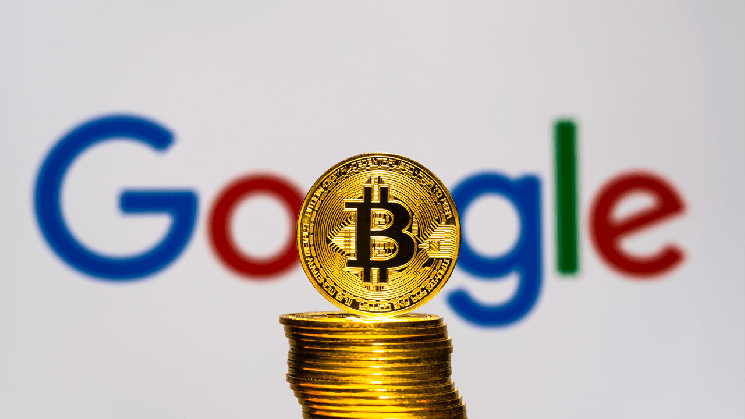A Google Web3 specialist for the Asia Pacific region recently disclosed that the tech titan has allied with pivotal Bitcoin network contributors to “lower entry barriers.” Among proposed innovations, the expert revealed plans to integrate existing Google authentication protocols with bitcoin wallets, potentially bridging mainstream digital identities with decentralized asset management.
Google Specialist Says Tech Giant Is Investigating the Convergence of Web2 Logins and Bitcoin Wallets
According to a report published by bloomingbit.io, Kyle Song, Google’s Web3 specialist, explored Web2 and Web3 during the “Bitcoin Tech Carnival” session in Hong Kong on Feb. 18. In the panel discussion, the report said Song explained that Google is partnering with the Bitcoin ecosystem to reduce obstacles to entry. This includes leveraging Google authentication for wallet logins and advancing zero-knowledge proof (ZKP) technology.

Not everyone was pleased with hearing about Google’s ideas to integrate Google authentication into bitcoin (BTC) wallets.
“Our goal is to provide services where users can log into bitcoin wallets using their Google accounts and trade bitcoin as easily as existing Web2 payment systems,” bloomingbit.io cited Song as saying during the panel discussion. Song added:
We’re also researching solutions to address trust issues between onchain and off-chain systems … [and] particularly considering ways to enhance reliability using advanced encryption technologies like zero-knowledge proofs (ZKP).
When Bitcoin historian Pete Rizzo shared the news on X, several commentators weighed in on Google’s idea. The crypto hardware wallet manufacturer Trezor stated, “If you don’t like the idea of linking your email to your bitcoin wallet, check Trezor.” Another responded, “No thanks. Sounds like a huge security risk.”
 Linking Google accounts to bitcoin wallets might provoke concerns over centralized control and data vulnerability. Critics worry that compromising a single account could expose sensitive financial details. Integrating mainstream digital identities with decentralized systems raises risks regarding privacy breaches and unauthorized access, fueling skepticism among security-conscious users in modern times.
Linking Google accounts to bitcoin wallets might provoke concerns over centralized control and data vulnerability. Critics worry that compromising a single account could expose sensitive financial details. Integrating mainstream digital identities with decentralized systems raises risks regarding privacy breaches and unauthorized access, fueling skepticism among security-conscious users in modern times.
Meanwhile, some individuals welcomed Google’s initiative. “Google wants a piece of the action, this is huge,” one person said. Another wrote, “This can speed up adoption a lot. That is the thing we need.” As Google explores digital identity integration, industry observers remain optimistic, anticipating transformative shifts in decentralized finance and authentication practices while prioritizing user security and privacy and want nothing to do with it.

